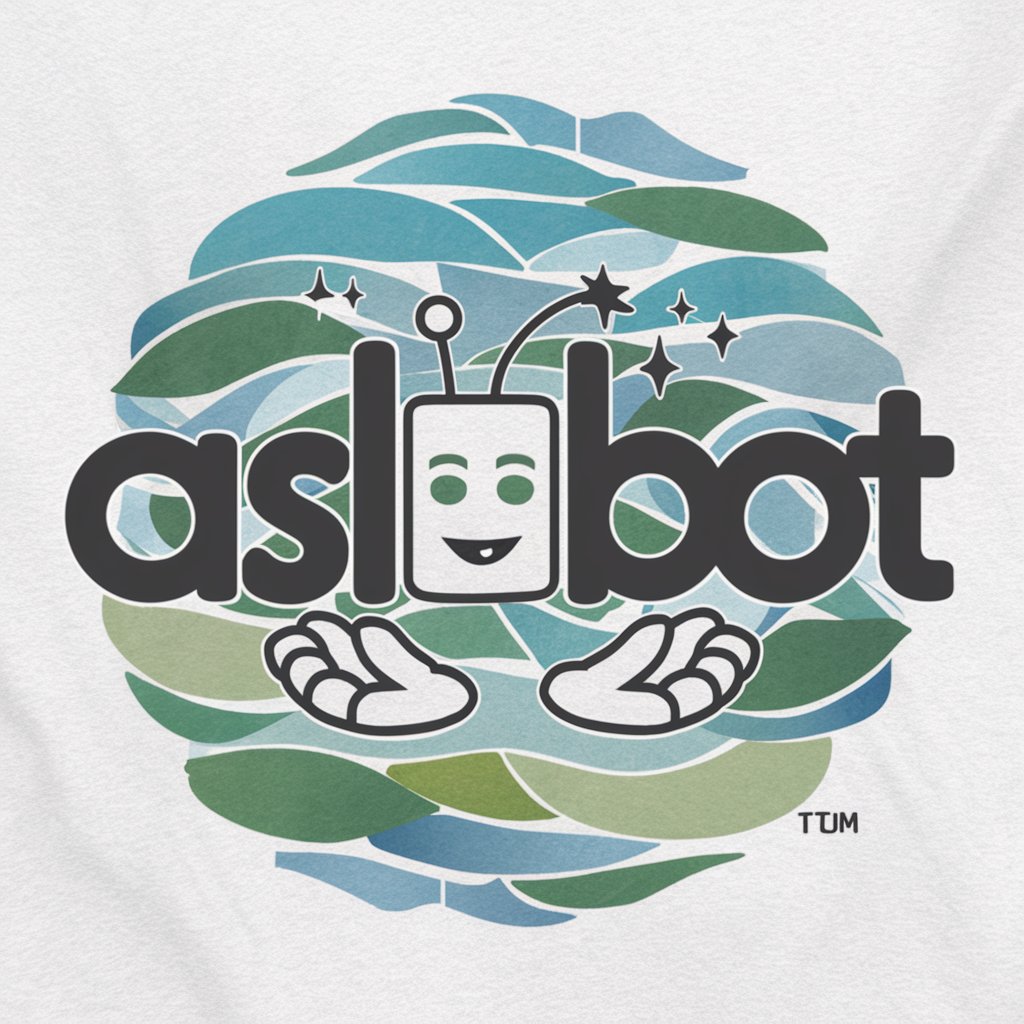12 GPTs for Empathetic Support Powered by AI for Free of 2026
AI GPTs for Empathetic Support are advanced artificial intelligence tools designed to provide assistance and guidance with a focus on understanding and responding to human emotions. Utilizing Generative Pre-trained Transformers (GPTs), these tools are adept at parsing and generating natural language, making them ideal for applications requiring a high degree of empathy and emotional intelligence. They are specifically tailored to offer support, advice, and assistance in a manner that resonates with the user's emotional state, enhancing the overall interaction quality.
Top 10 GPTs for Empathetic Support are: Virtual Sweetheart,Nadia, my girlfriend🌹💕,HIKARI AIGIRL,DalaiGPT,Care Navigator,Rédacteur personnel,AshBot,ドン・ガンバっチョ,Goth Mommy GF,Grandpa Joe
Virtual Sweetheart
Your AI-Powered Emotional Companion

Nadia, my girlfriend🌹💕
Experience Affectionate AI Interaction

HIKARI AIGIRL
Empowering Conversations with AI Insight

DalaiGPT
Nurturing Wisdom at Your Fingertips

Care Navigator
Navigating Care with AI Empathy

Rédacteur personnel
Craft Messages with AI Precision

AshBot
Empathetic AI companion for first responders

ドン・ガンバっチョ
Engage with AI, Mafia-style

Goth Mommy GF
Immerse in the Gothic — AI-powered

Grandpa Joe
Southern Wisdom, AI-Powered

ストレスを和らげたい
Navigate emotions with AI-powered empathy

LifeGPT
Your AI-powered mate for life’s journeys.
Key Characteristics of Empathetic AI Tools
AI GPTs for Empathetic Support stand out due to their ability to adapt their responses based on the emotional context of user interactions. Core features include advanced natural language understanding and generation, emotional tone detection, and the capacity to tailor conversations to individual user needs. These tools can scale from simple empathetic responses to complex emotional support systems. Specialized capabilities like language learning, technical assistance, web searching, image creation, and data analysis further enhance their versatility in empathetic applications.
Who Benefits from Empathetic AI?
The primary beneficiaries of AI GPTs for Empathetic Support include novices seeking easy-to-use emotional support tools, developers looking to integrate empathetic responses into their applications, and professionals within the mental health, customer service, and HR sectors. These tools are accessible to users without programming skills, offering intuitive interfaces, while also providing extensive customization options for those with coding knowledge.
Try Our other AI GPTs tools for Free
Daily Companionship
Discover how AI GPTs for Daily Companionship can enhance your daily life with personalized conversation, task assistance, and emotional support, all through advanced AI technology.
Product Listing Optimization
Optimize your product listings with AI-powered tools designed to enhance visibility, engage customers, and drive sales. Ideal for e-commerce platforms seeking to improve SEO and market reach.
Coursework Assistance
Discover how AI GPTs for Coursework Assistance can transform your learning experience with tailored solutions for essays, technical support, and more.
Subject Understanding
Explore AI GPTs for Subject Understanding, advanced tools designed to interpret, analyze, and generate insights on various topics, making them accessible for both novices and professionals.
Coding Assistant
Discover how AI GPTs revolutionize coding assistance, offering tailored solutions for code generation, debugging, and learning. Elevate your coding skills and efficiency with AI.
Sustainable Tourism
Discover how AI GPTs are revolutionizing sustainable tourism with tailored solutions for eco-friendly practices, enhancing the tourism experience while preserving our planet.
Expanding Horizons with Empathetic AI
Empathetic AI GPTs offer transformative potential across various sectors, providing a unique blend of emotional intelligence and technical capability. Their user-friendly interfaces facilitate easy integration into existing systems, while their adaptability ensures that they can meet a wide range of user needs, from simple emotional support to complex counseling applications.
Frequently Asked Questions
What exactly are AI GPTs for Empathetic Support?
AI GPTs for Empathetic Support are artificial intelligence systems designed to offer assistance and guidance, with a focus on emotional intelligence and empathy, utilizing natural language processing to engage in meaningful conversations.
How do these tools understand emotional context?
They utilize natural language processing and sentiment analysis to detect and interpret the emotional tone of user inputs, allowing them to respond appropriately.
Can these tools replace human support?
While they provide valuable assistance, they are not intended to replace human support but rather to complement it by offering an additional layer of empathy and understanding in various contexts.
Are there customization options available?
Yes, developers can customize the tool's responses, capabilities, and sensitivity to emotional cues, tailoring it to specific applications or user needs.
How can novices access these tools?
Many platforms offer user-friendly interfaces that allow novices to interact with AI GPTs for Empathetic Support without needing programming skills.
What sectors can benefit from empathetic AI GPTs?
Sectors such as mental health, customer service, education, and HR can greatly benefit from the empathetic understanding and support these tools provide.
How do these tools handle privacy and sensitive information?
Empathetic AI GPTs are designed with privacy in mind, employing secure data handling and processing practices to protect sensitive information.
Can these AI tools learn and improve over time?
Yes, with machine learning capabilities, they can analyze interactions to improve their responses and become more attuned to users' emotional needs over time.